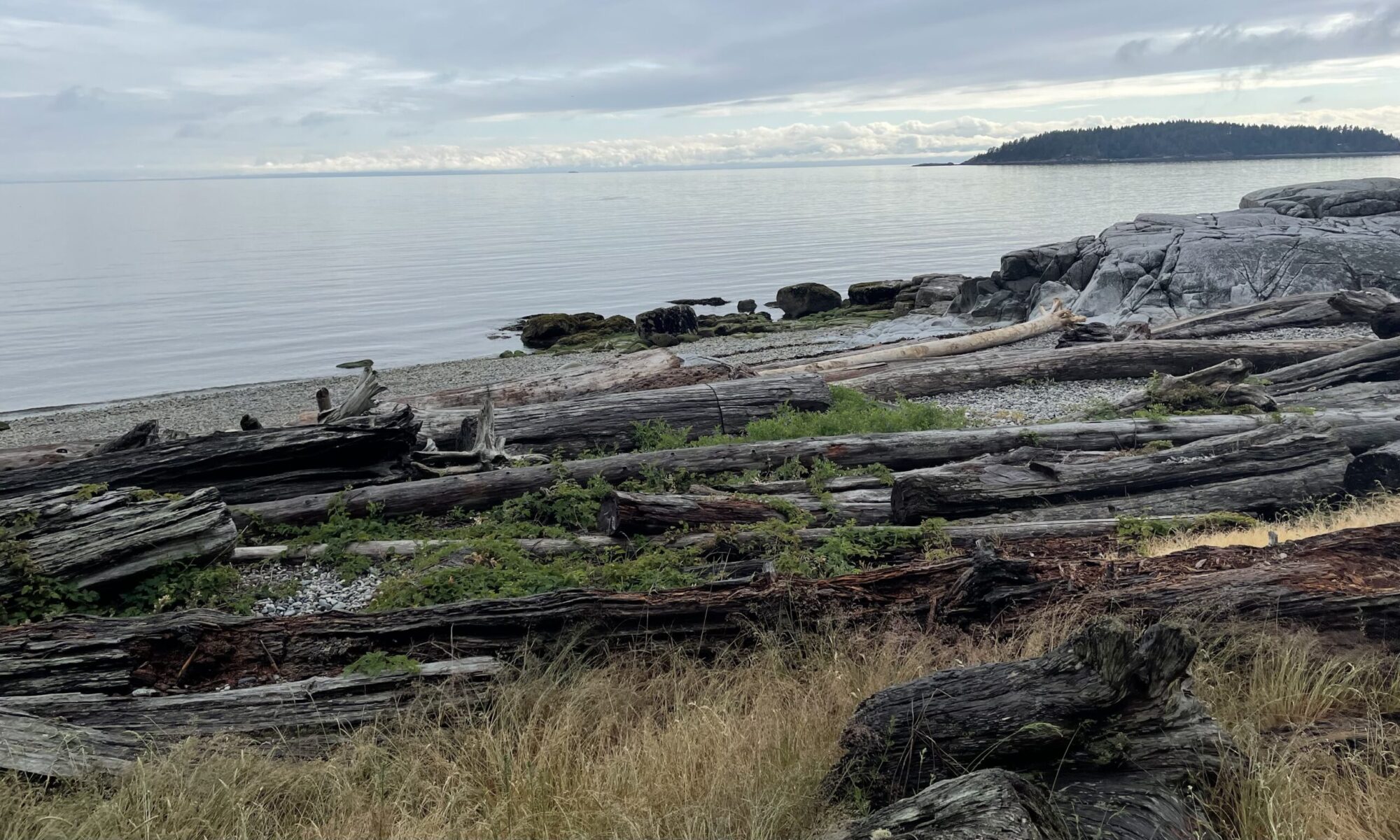I had fun presenting at the Women’s Studies Program Noon Lecture today. I’ve posted the slides here, although there is a lot of backstory that Slideshare can’t reproduce. Hope they’re helpful anyway. Thanks to everyone who came out, especially my RIFE peeps for the moral support!
IEECI-ASK presented at FIE conference
Alice presented some preliminary results on our Assessing Sustainability Knowledge project at the recent Frontiers in Education conference. Ranjani is the lead author on this paper. See the slides here.
Good response to FIE special session
We had a great crowd for our special session at the Frontiers in Education conference, where we talked together in unconferenced fashion about what a reader in gender and engineering should look like. Slides are available here. Thanks to all who came and participated!
Feminist research in engineering education: practice as an academic
The Research in Feminist Engineering research group is a group of diverse researchers who use feminist theory and methods to study engineering education. Our collective job is to think creatively about gender and engineering education, and to think about, write, and teach in ways that will result in a change in how engineering education is done. As a result, we have a variety of research projects that we work on, using research methods from applied anthropology, education, sociology, and women’s studies to better understand the context and practice of engineering education. Team PI Alice Pawley, assistant professor in the School of Engineering Education will speak about her research group’s work, as well as situate her academic practice as feminist in the context of her teaching and service.
This talk will be held Wednesday Nov 3, 4:30-5:30 in Wetherill Hall, rm 201.
Marisol presents at the VII ESOCITE Conference
I just returned from attending the “VII Jornadas Latinoamericanas de Estudios Sociales de la Ciencia y la Tecnología (ESOCITE)” (VII Latin American Conference of Social Studies of Science and Technology). This conference was held in Buenos Aires, Argentina, from July 20 to 23. I presented my paper “Toward an Indigenized Engineering Education: Andean Peasant Technologies as Engineering Education Resources for Andean Peoples.”
ASEE 2010: Using the Emergent Methodology of Domain Analysis to Answer Complex Research Questions.
As engineering education research matures, engineering education researchers seek to answer increasingly complex questions rooted in social situations, such as “What is engineering in various communities?” and “How does engineering work happen at various stages of professional development?” The desire to ask such questions leads the community to develop or incorporate diverse methods that help the community to answer the complex question. The purpose of this paper is to present to the engineering education community an introduction to domain analysis, an ethnographic method developed within anthropology designed to answer these complex questions.
ASEE 2010: Modeling the career pathways of women STEM faculty through oral histories and participatory research methods.
Women increasingly earn advanced degrees in science, technology, and mathematics (STEM), yet remain underrepresented among STEM faculty. Much of the existing research on this underrepresentation relies on “chilly climate” and “pipeline” theoretical models to explain this phenomenon. However, the extent to which these models follow women’s actual career pathways has been undertheorized. Further, alternative metaphors may more aptly describe the career pathways of women STEM faculty. In our broader research project, we examine the ways women’s career pathways into STEM faculty positions are similar to and/or different from chilly climate and pipeline models, and if they vary based on race and/or ethnicity. At present, we focus on the ways oral histories and participatory research methods allow us to model the career pathways of women STEM faculty.
ASEE 2010: Institutional Ethnography: A research method to investigate the work-life experiences of women faculty members in STEM disciplines
Women and people of color continue to be underrepresented among engineering faculty. A diverse engineering faculty body is important because it increases the likelihood of equitable hiring practices and reduces the likelihood of a hostile workplace climate, among other reasons. In turn, research hypothesizes that a diverse engineering faculty body will attract, recruit, and retain diverse students to the engineering profession. While there are a bevy of research papers published every year to address this persistent concern, there are few new or innovative ideas informing our theoretical groundwork for understanding these underrepresentations.
ASEE 2010: “The image of a woman engineer:” Women’s identities as engineers as portrayed by historical newspapers and magazines, 1930-1970
The Society of Women Engineers’ National Collection is an archive with rich potential for investigating the historical story of women’s identities as engineers. Filled with newspaper and magazine clippings, oral histories of pioneer women engineers, and SWE’s own institutional history, these archives allow us to see how women engineers were skillfully positioned as acceptably feminine, despite their peculiar profession. Continue reading “ASEE 2010: “The image of a woman engineer:” Women’s identities as engineers as portrayed by historical newspapers and magazines, 1930-1970”
RIFE presents at the ENE Research Seminar
We had a great time talking about our research with the ENE research seminar audience. Thanks to everyone who came out to see us, thanks to the group for presenting, and thanks to folks who brought food for snack!
Here are our slides on Slideshare, but admittedly without the cool animation part. (Sorry – Slideshare has its limits, we guess…)

